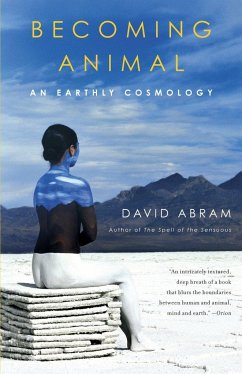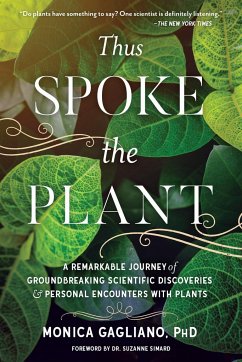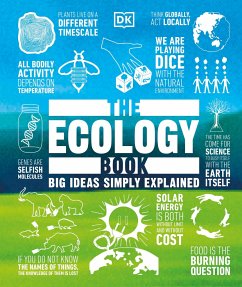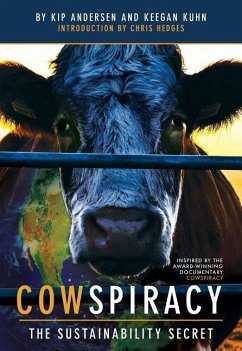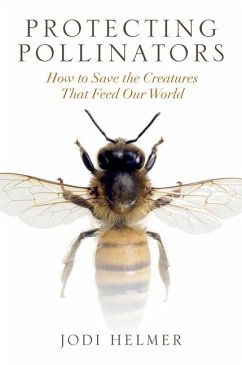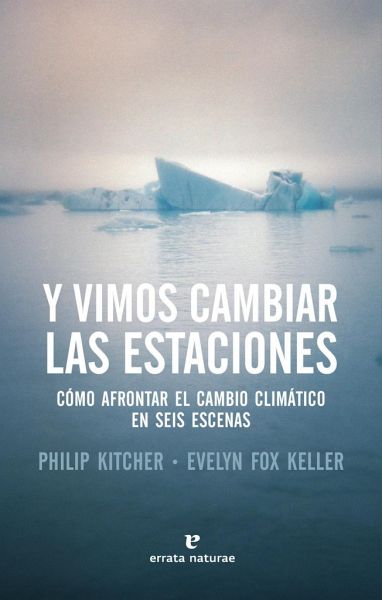
Y Vimos Cambiar Las Estaciones
Versandkostenfrei!
Versandfertig in über 4 Wochen
19,99 €
inkl. MwSt.

PAYBACK Punkte
10 °P sammeln!
As ice melts and sea levels rise, threatening human existence as we know it, climate change has become one of the most urgent and controversial issues of our time. Philip Kitcher and Evelyn F. Keller, two of today's most renowned scientists, could have written a "conventional" book on this issue, full of figures, good arguments, and better intentions. But they realized something: despite the fact that climate change is going to radically transform our existence, that of our children and that of the rest of the living beings on the planet, the majority of citizens feel unable to understand the ...
As ice melts and sea levels rise, threatening human existence as we know it, climate change has become one of the most urgent and controversial issues of our time. Philip Kitcher and Evelyn F. Keller, two of today's most renowned scientists, could have written a "conventional" book on this issue, full of figures, good arguments, and better intentions. But they realized something: despite the fact that climate change is going to radically transform our existence, that of our children and that of the rest of the living beings on the planet, the majority of citizens feel unable to understand the scope of the situation and to act accordingly. Because? Because we don't know how to talk about climate change. So they thought about writing a book that could foster a well-researched democratic debate accessible to all. But how? They decided to present the reality of global warming in the context of six everyday scenes or conversations. Thus, they invented twelve characters (yes, in fact, a scientist can become a writer and create interesting, credible, rich and complex characters, with very different origins, biographies, ideas and socioeconomic positions) who speak, argue, discuss and confront the monopoly of conversation by financial, political and media bodies. Sometimes one character convinces another, sometimes it increases his doubts or opens a point of view. And in the final appendices, the reader will find all the references, data and explanations that scientific rigor demands. The result is a decisive book: a radically different way of doing science to confront the most radical problem in human history; a brilliant literary experiment about our pressing need to create stories that serve as a model and counteract the omnipresent apocalyptic paradigm; a political manifesto, halfway between the forcefulness of Naomi Klein and the demands of Rachel Carson, with which to face the transition towards an ecologically sustainable world.




